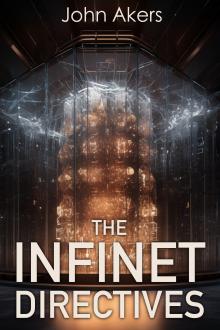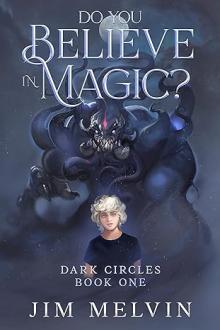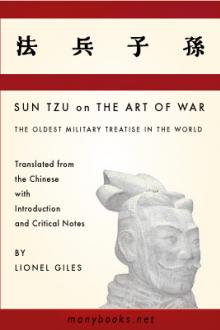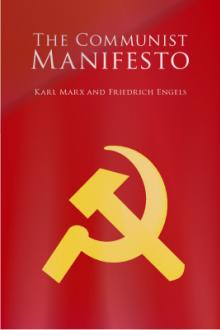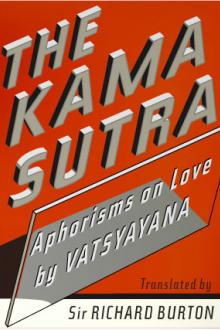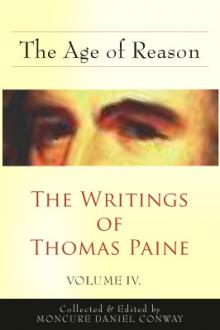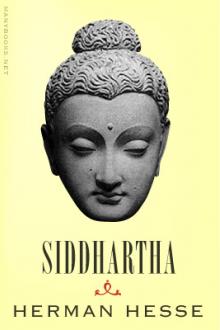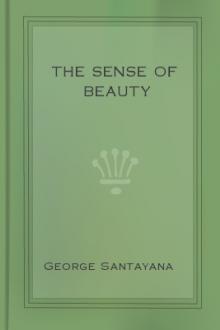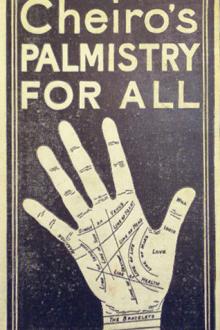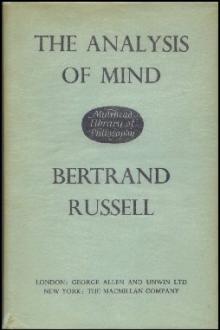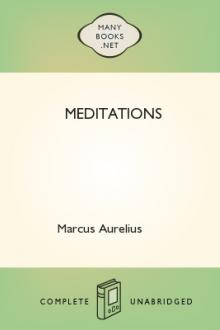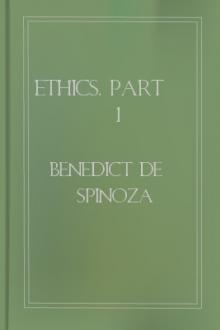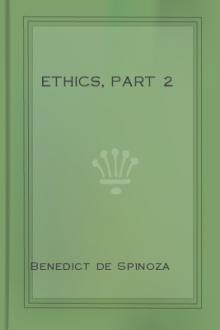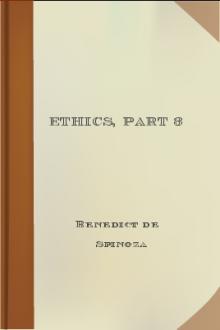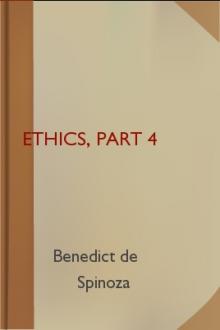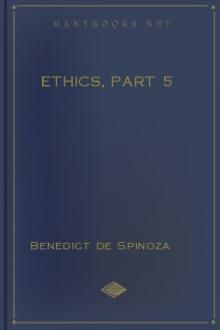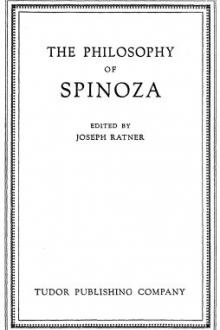The Ethics
The Ethics
Ethica Ordine Geometrico Demonstrata
Translated from the Latin by R. H. M. Elwes
Book Excerpt
ach expresses eternal and infinite essentiality. Explanation-I say absolutely infinite, not infinite after its kind : for, of a thing infinite only after its kind, infinite attributes may be denied ; but that which is absolutely infinite, contains in its essence whatever expresses reality, and involves no negation.
VII. That thing is called free, which exists solely by the necessity of its own nature, and of which the action is determined by itself alone. On the other hand, that thing is necessary, or rather constrained, which is determined by something external to itself to a fixed and definite method of existence or action.
VIII. By eternity, I mean existence itself, in so far as it is conceived necessarily to follow solely from the definition of that which is eternal. Explanation-Existence of this kind is conceived as an eternal truth, like the essence of a thing, and, therefore, cannot be explained by means of continuance or time, though continuance may be conceived without a beginning or en
FREE EBOOKS AND DEALS
(view all)Popular books in Philosophy, Religion
Readers reviews
5.0
LoginSign up
This translation by R. H. M. Elwes of Baruch/Benedictus Spinoza's work 'Ethica Ordine Geometrico Demonstrata' has 3493 locations on a Kindle, this is app. 250 pages in print. This edition is a very readable translation of the 'Ethica' and I did not find any typo's or other problems with this version. There are very few notes in this edition (there are 17 notes at loc. 3485-3493), no bibliography, no introduction, no epilogue. I recommend the 'Ethica' to anyone who is interested in Spinoza or in philosophy in general.
Baruch Spinoza was born in 1632 in Amsterdam to a Portugese-Jewish family. Baruch was expelled from the Jewish congregation in 1656, the exact reason is not known, the reason given being: '[...] evil opinions and acts[...]'. He changed his name into Benedictus. He died in 1677 possibly of lung-problems.
One of the most important parts of Spinoza's philosophy is that according to him God is visible in Nature, God and Nature are two names for the same reality. He was a rationalist and only believed in explanations based on reason. There are many interpretations of Spinoza's ideas about God: from atheist to pantheist. Spinoza also wrote about freedom, politics, true knowledge and more. In his political philosophy he states that the power in a state should never be given to 1 single person, because that would guaranteed lead to misuse. Other works by Spinoza are also available as free e-books online.
I give a sample below:
(the first few lines from 'The Ethica', location 6):
PART I. CONCERNING GOD.
DEFINITIONS.
I. By that which is self--caused, I mean that of which the
essence involves existence, or that of which the nature is only
conceivable as existent.
II. A thing is called finite after its kind, when it can be
limited by another thing of the same nature; for instance, a
body is called finite because we always conceive another greater
body. So, also, a thought is limited by another thought, but a
body is not limited by thought, nor a thought by body. [...]
Baruch Spinoza was born in 1632 in Amsterdam to a Portugese-Jewish family. Baruch was expelled from the Jewish congregation in 1656, the exact reason is not known, the reason given being: '[...] evil opinions and acts[...]'. He changed his name into Benedictus. He died in 1677 possibly of lung-problems.
One of the most important parts of Spinoza's philosophy is that according to him God is visible in Nature, God and Nature are two names for the same reality. He was a rationalist and only believed in explanations based on reason. There are many interpretations of Spinoza's ideas about God: from atheist to pantheist. Spinoza also wrote about freedom, politics, true knowledge and more. In his political philosophy he states that the power in a state should never be given to 1 single person, because that would guaranteed lead to misuse. Other works by Spinoza are also available as free e-books online.
I give a sample below:
(the first few lines from 'The Ethica', location 6):
PART I. CONCERNING GOD.
DEFINITIONS.
I. By that which is self--caused, I mean that of which the
essence involves existence, or that of which the nature is only
conceivable as existent.
II. A thing is called finite after its kind, when it can be
limited by another thing of the same nature; for instance, a
body is called finite because we always conceive another greater
body. So, also, a thought is limited by another thought, but a
body is not limited by thought, nor a thought by body. [...]
- Upvote (0)
- Downvote (0)
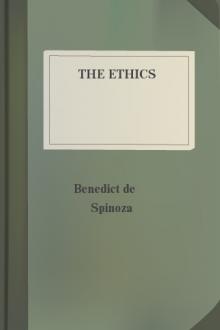
 Free Download
Free Download




